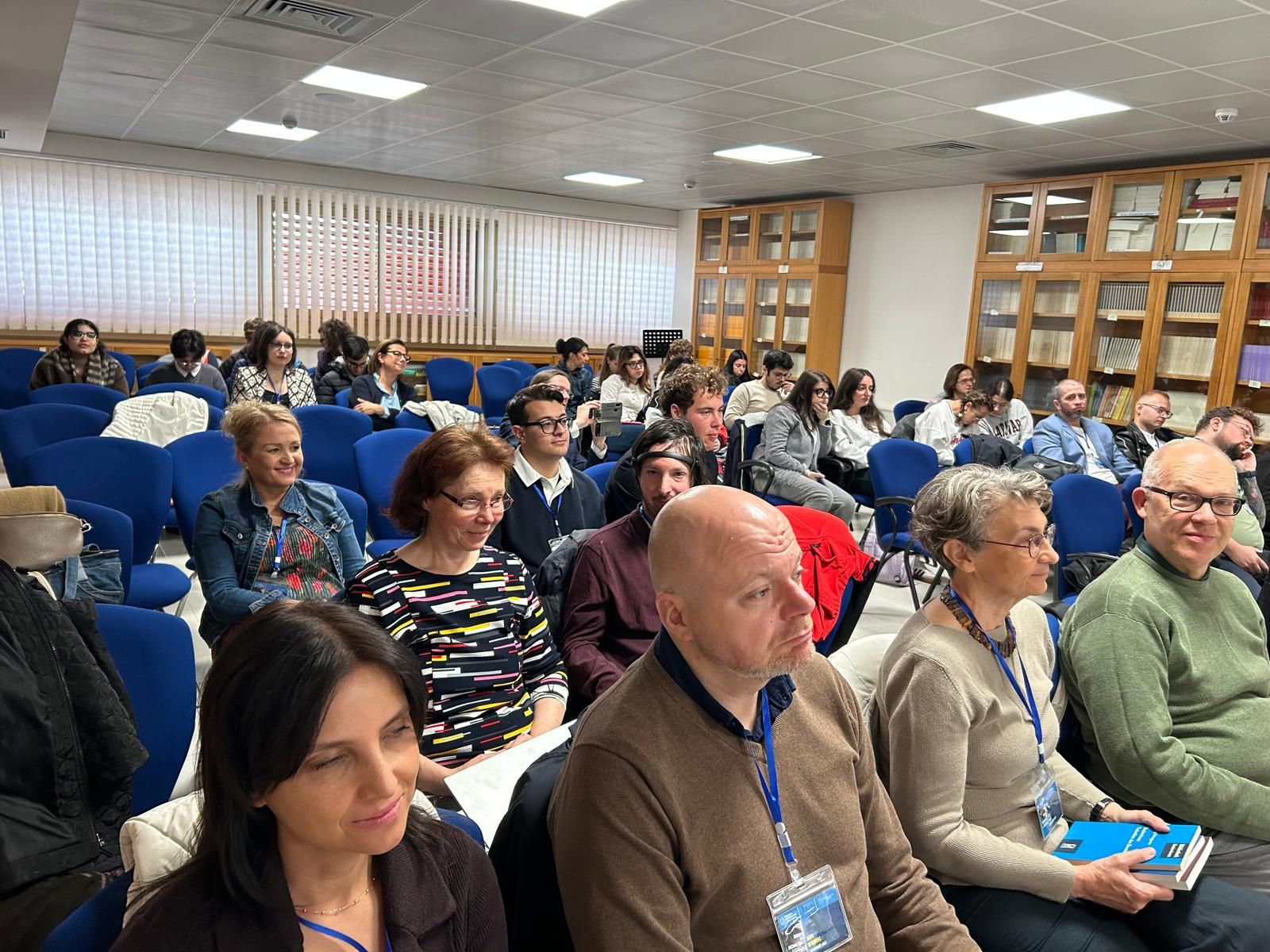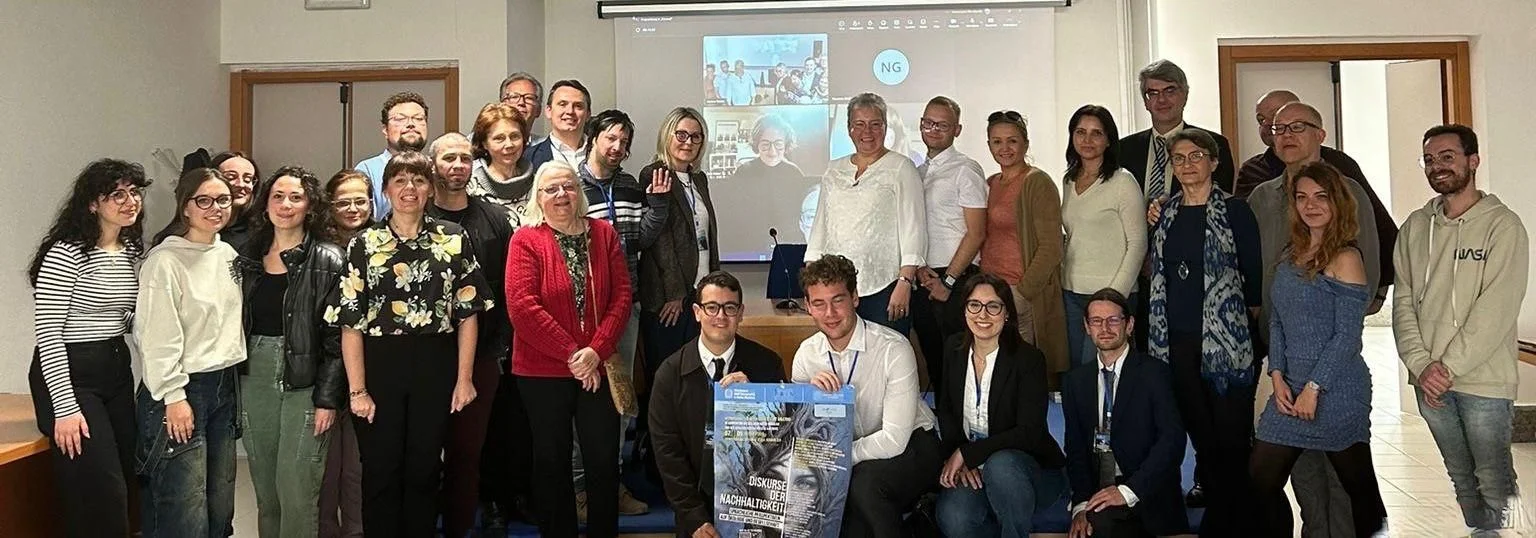
UWr German philologists on a conference in Salerno
In October, the University of Salerno hosted an international academic conference „Diskurse der Nachhaltigkeit. Sprachliche Perspektiven auf Ökologie und Gesellschaft.”
Scholars from Italy, Poland, Slovakia and Germany taking part in the event presented various linguistic and cultural perspectives regarding ecology and sustainable development.
The presentations included:
- The language of conspiratorial discourses and scientific communication – Georg Schuppener (Trnawa)
- German and Polish ecological neologisms – Anna Dargiewicz (Olsztyn), Anna Jurasz (Wrocław)
- Metaphors and idioms in ecological discourse – Mariusz Jakosz (Katowice), Joanna Szczęk (Wrocław)
- Music and media as tools of ecological education – Krystian Suchorab (Wrocław)
- BIO products marketing and pro-ecological communication – Marcelina Kałasznik (Wrocław)
- Didactics of foreign languages with CSR and ESG – Agnieszka Stawikowska-Marcinkowska, Jacek Makowski (Łódź)
During the panel discussion, the scholars emphasized the vital role of language in shaping the ecological awareness and the need of an interdisciplinary approach to research on sustainable development.
The conference was a space for dialogue between linguistics, ecology, education, and culture, reinforcing a scholarly cooperation on an international level, and supporting the progress of ecolinguistics.
The conference was held as part of the project PRIN 2022 “Ecocritical Perspectives in German Language Literature” in association with the University of Wrocław (Department of Applied Linguistics of the Institute of German Studies) and the University of Silesia in Katowice.
Translated by Małgorzata Stencel (student of English Studies at the University of Wrocław) as part of the translation practice.

Date of publication: 27.10.2025
Added by: M.J.



